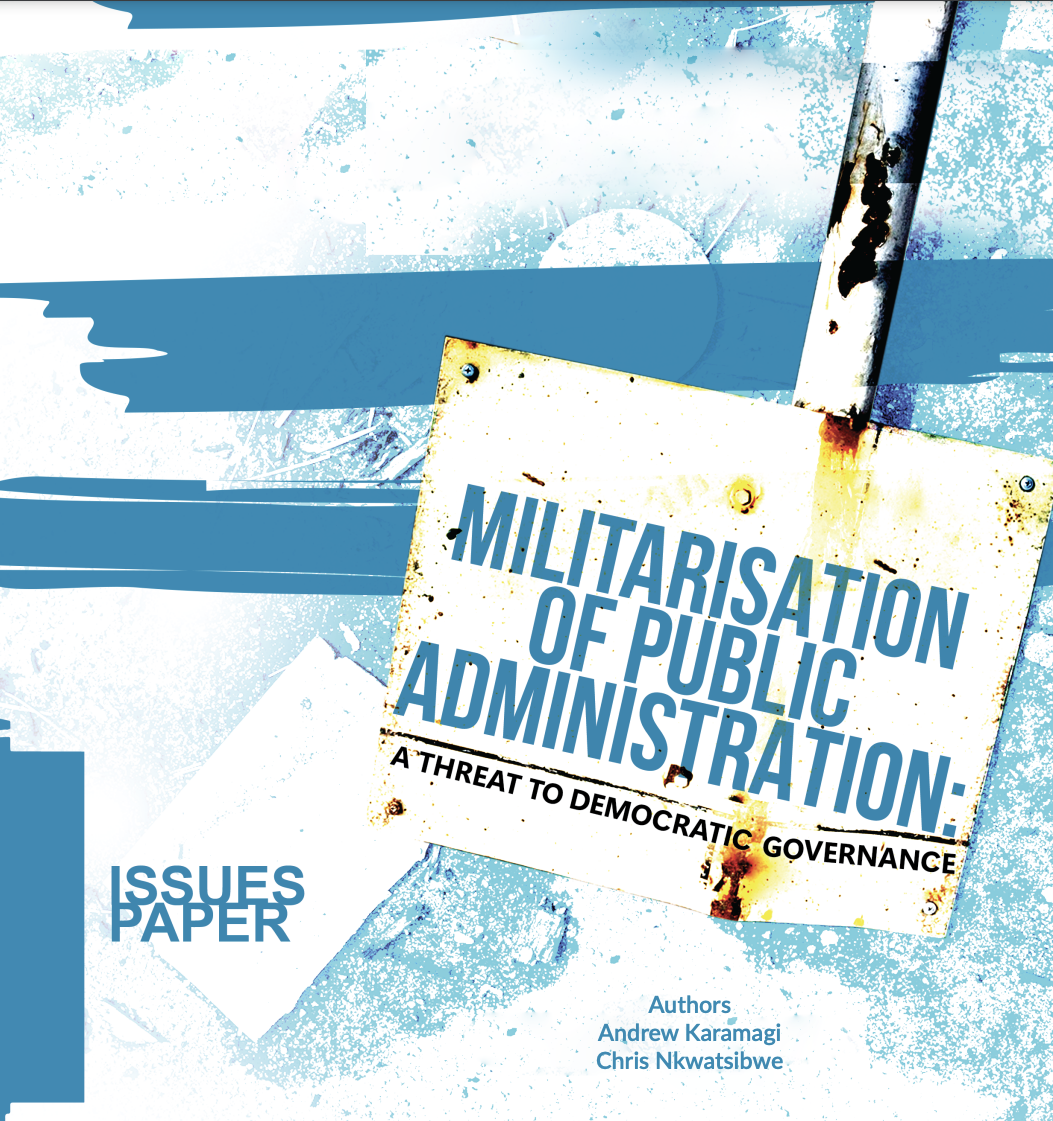
District leaders are demotivated by underfunding
In a bid to improve and strengthen service delivery to citizens, the Government of Uganda introduced the Decentralization Policy in 1997 under the Local Governments Act of 1997. This has, over the years, propelled the birth of new administrative units (34 districts in 1991 to 136 in 2020).
The new districts come at the cost of increased administrative costs in creating an administrative infrastructure and payment of personnel, and subsequently deficiency in financing for different district development projects.
The district leaders attribute this underfunding to the retention of a bigger portion of the resources at the center while service delivery is a mandate of the Local Government. This has demotivated leaders who come into office with determination to serve only to be disempowered by inadequate resources.
As a remedy to this gap, the Chairperson LC V Sheema District Hon. Jemima Buhanda has challenged district councillors to embrace volunteerism if their districts and communities are to be transformed.
“With or without funds, we should ensure council and standing committees meet and deliberate on issues. Money shall always find us on the way,” she said.
Hon. Jemima shared this while closing a one-day capacity enhancement seminar for Sheema District Council on 22nd March 2022 at Senevin Gardens – Kabwohe Municipality.
Using the Sheema District case, Hon. Jemima argued that sometimes council meetings are postponed due to absence of funds and this has a negative effect on service delivery to communities but even when funds are available, payment isn’t instant due to certain administrative procedures. This is the case with many other districts in Uganda which are struggling due to underfunding.
From the seminar, it emerged strongly that the district finds difficulties in printing and photocopying documents for council meetings, paying allowances for meetings and monitoring among others; all these have demotivated councillors; whose mandate is to do oversight, legislation, representation and among other roles.
While facilitating the session on roles and responsibilities of councillors Mr. Hilary Twebaze (a Senior Assistant Secretary) reminded councilors that the District Council is the highest political authority within the district and has legislative and executive powers therefore, councillors ought to pay extra attention to the planning and budgeting process; so as to ensure their priorities are catered for before passing of the budget as a council and then turning around to requisition for funds not approved in the budget.
Mr. Alfred Nuamanya (a leadership coach and Human Resource consultant) emphasized that leadership is about influence and; good leadership is appreciated during scarcity.
“Leaders at all times ought to be guided by the principle of equity,” said Alfred.
This capacity enhancement seminar was organized by Western Ankole CSO Forum in partnership with Uganda National NGO Forum under its Philanthropy for development programme that seeks to promote community-led development through community and domestic giving. In an event that the district budget cannot do everything that councils need, district leaders will need to find innovative ways of financing certain expenses and the remedy is domestic philanthropy.



